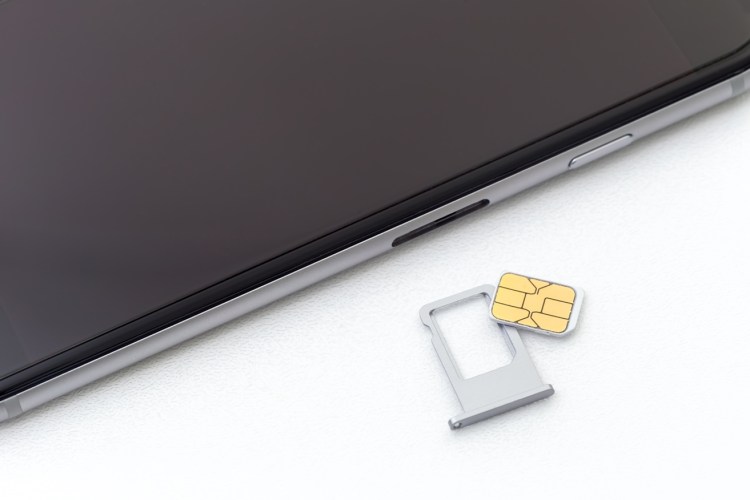Japanese telecom giant SoftBank has revealed that it’s building a platform for non-removable SIM cards to help power the burgeoning Internet of Things (IoT) industry.
We’ve been edging ever closer to a world without removable SIM cards in recent years, and last February Samsung launched the first GSMA-compliant device to sport a non-removable “eSIM” — the Gear S2 classic 3G smartwatch.
The technology is known under various nomenclatures, including “virtual SIM” or “embedded SIM” (eSIM). Unlike the current situation, in which users have to physically switch SIM cards if they’re changing carriers, eSIMs circumvent the hassle entirely by enabling the embedded SIM to be re-programmed remotely.
There are other benefits beyond making consumers’ lives easier — eSIMs consume as much as 90 percent less space than traditional SIMs, which can mean more room for a bigger battery or make it possible to reduce the size of a device. It also provides the option to connect more than one device to a single network subscription — a smartphone, tablet, smartwatch, and car could all potentially be linked to the same phone number and mobile plan.
June 5th: The AI Audit in NYC
Join us next week in NYC to engage with top executive leaders, delving into strategies for auditing AI models to ensure fairness, optimal performance, and ethical compliance across diverse organizations. Secure your attendance for this exclusive invite-only event.
A number of companies have been working on eSIM smarts for a while, including Apple, which has offered a version of the technology in some iPads, though the Apple SIM was actually removable. It’s also been available in the business realm for a while.
Last year, the GSMA wireless standards body announced a new eSIM specification for wearables and tablets. “This is the only common, interoperable, and global specification that has the backing of the mobile industry and lets consumers with a mobile subscription remotely connect their devices to a mobile network,” explained Alex Sinclair, GSMA’s chief technology officer, at the time. “This new specification gives consumers the freedom to remotely connect devices, such as wearables, to a mobile network of their choice and continues to evolve the process of connecting new and innovative devices.”
That SoftBank is entering the eSIM fray isn’t entirely surprising. The company is selling connected robots and is ramping up its efforts in the self-driving car realm — all these devices need internet connectivity and a form of SIM card.
SoftBank’s eSIM platform is expected to begin operating sometime this year and should go a ways toward furthering SoftBank’s international aspirations. The company will no longer have to prepare “dedicated SIM cards with the necessary profiles to connect to the respective communication networks of overseas carriers,” as SoftBank notes in a press release. Instead, its global client base will be able to program their SIM remotely to ensure that it operates on the required local network — this will apply to any IoT or machine-to-machine (M2M) product.

